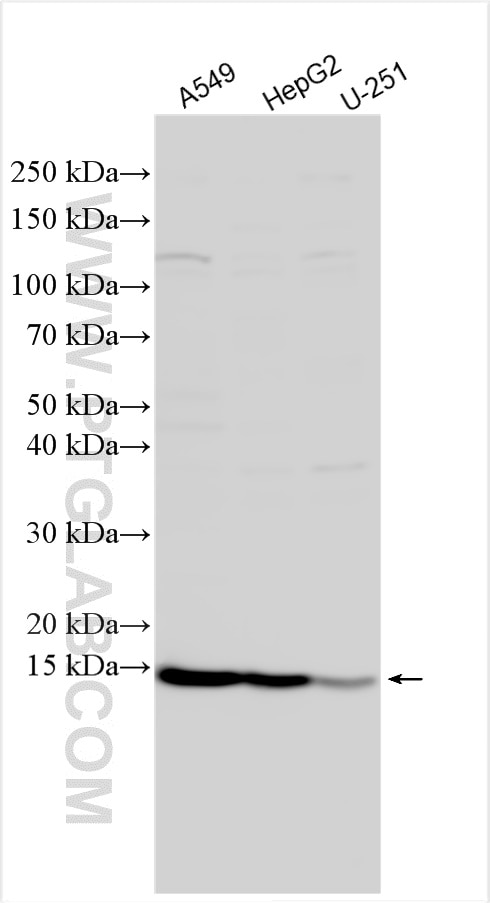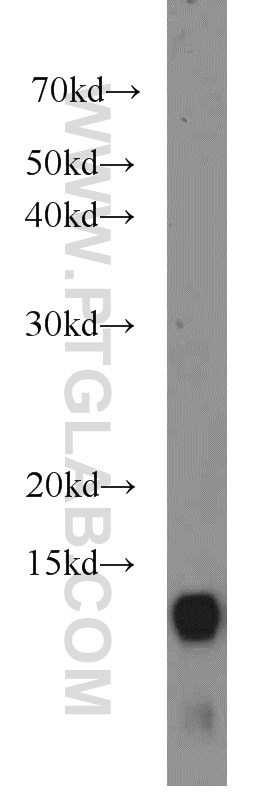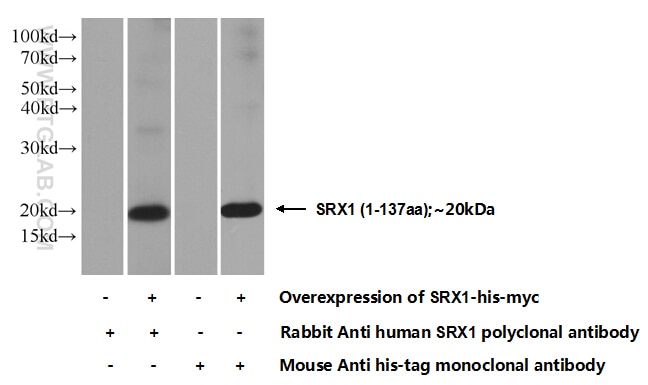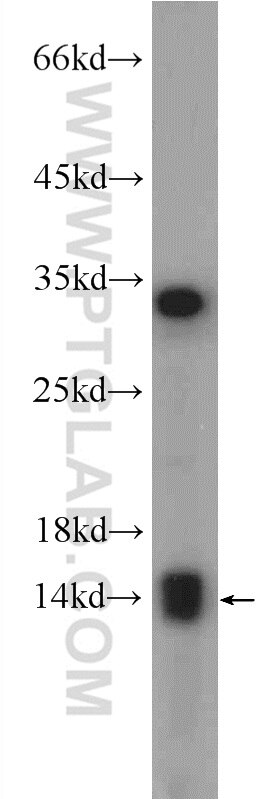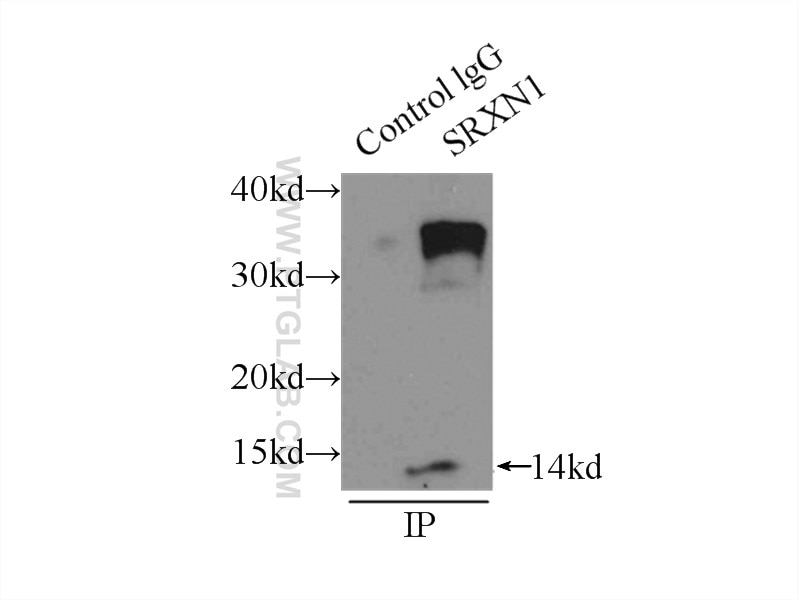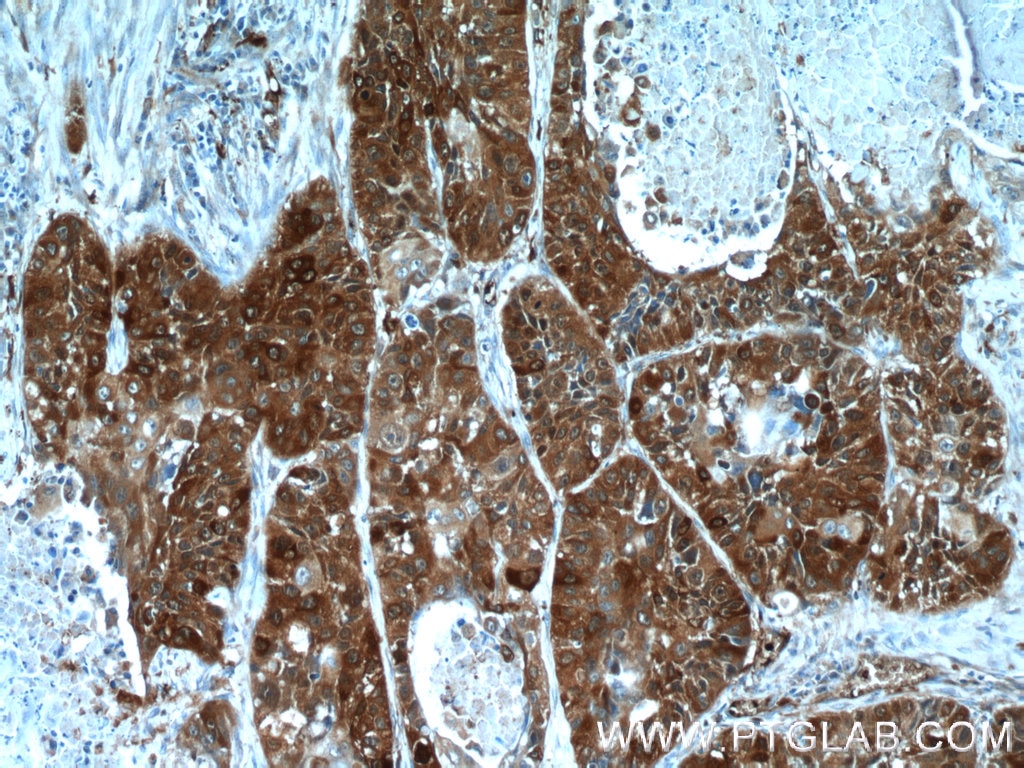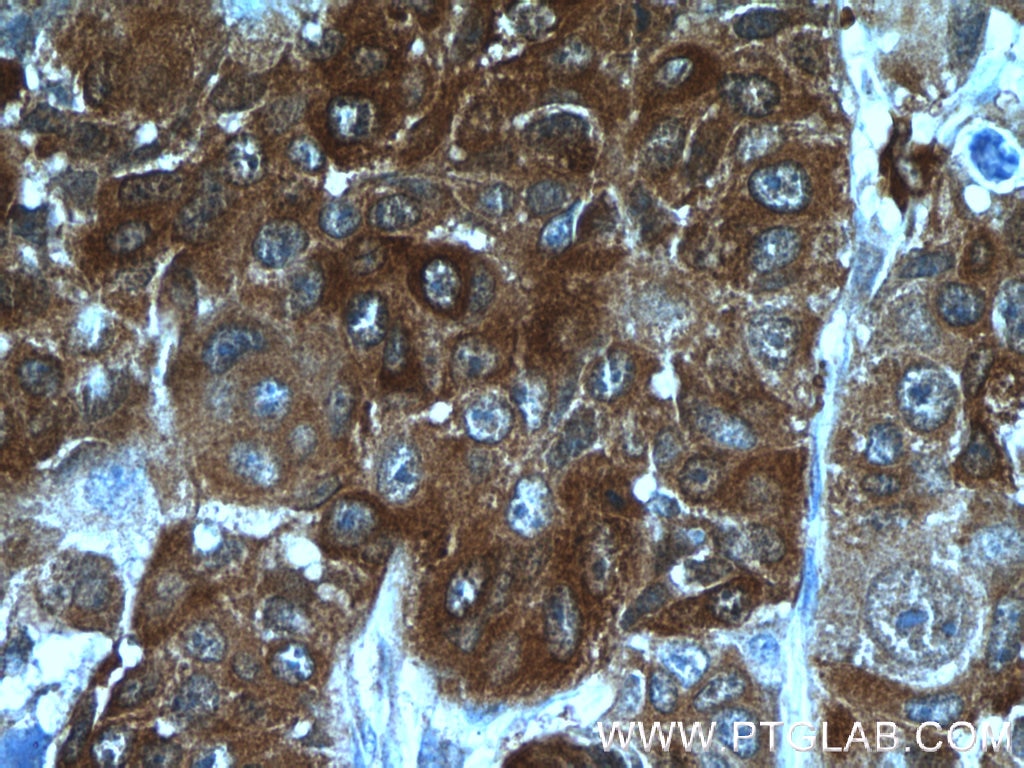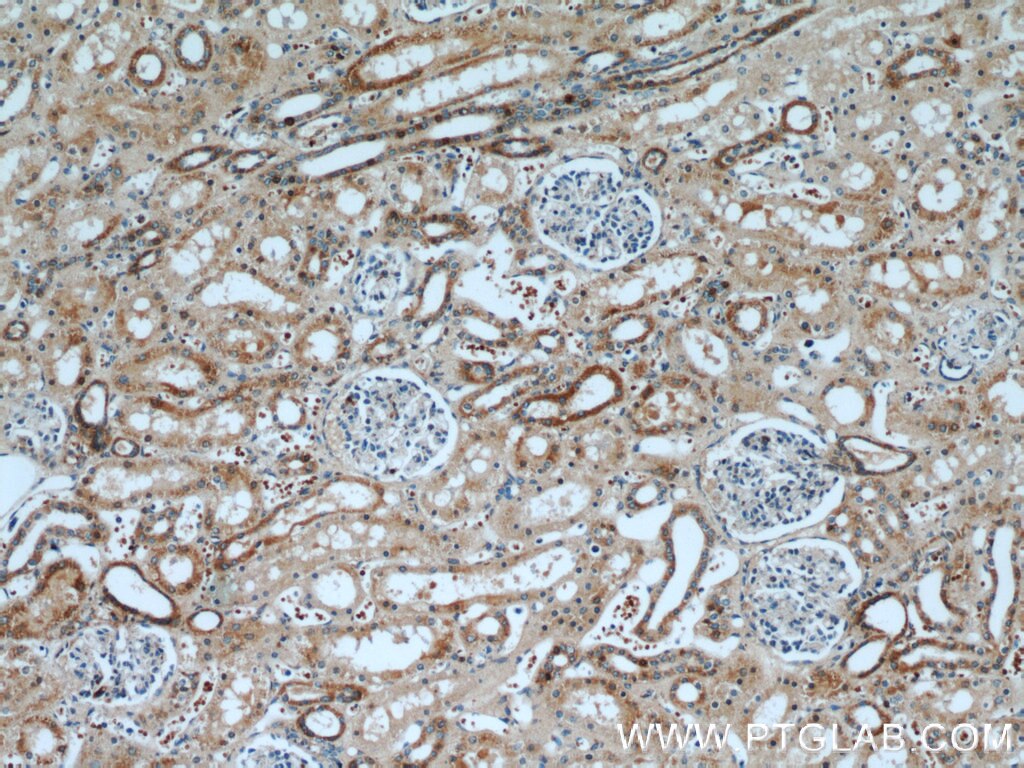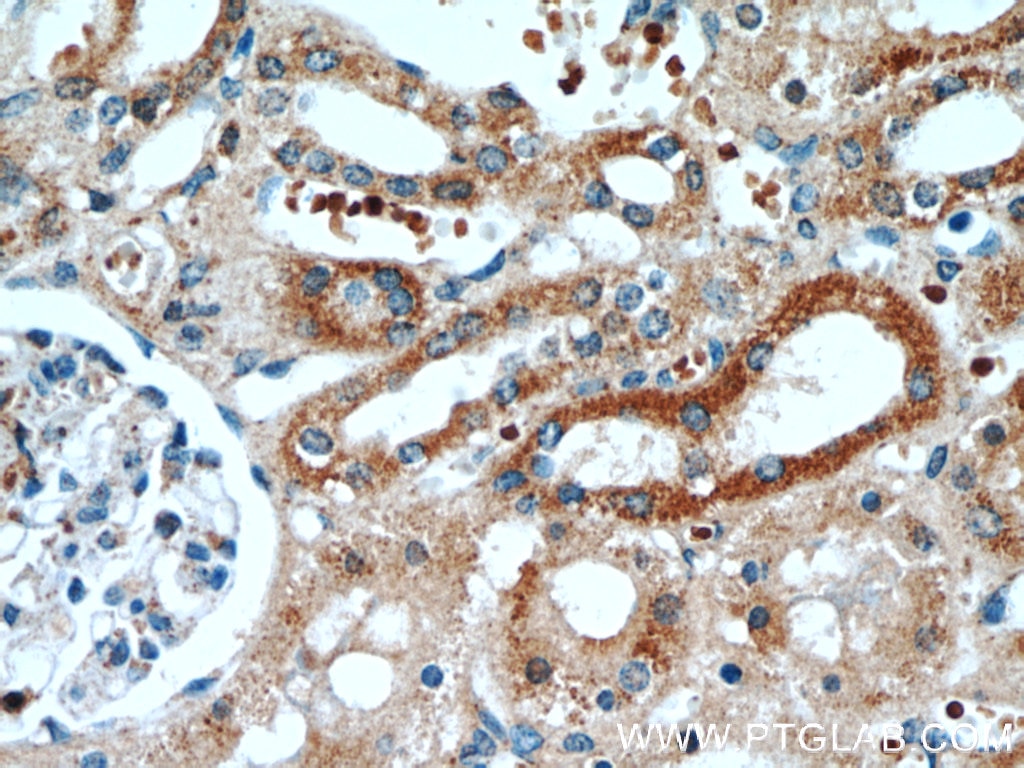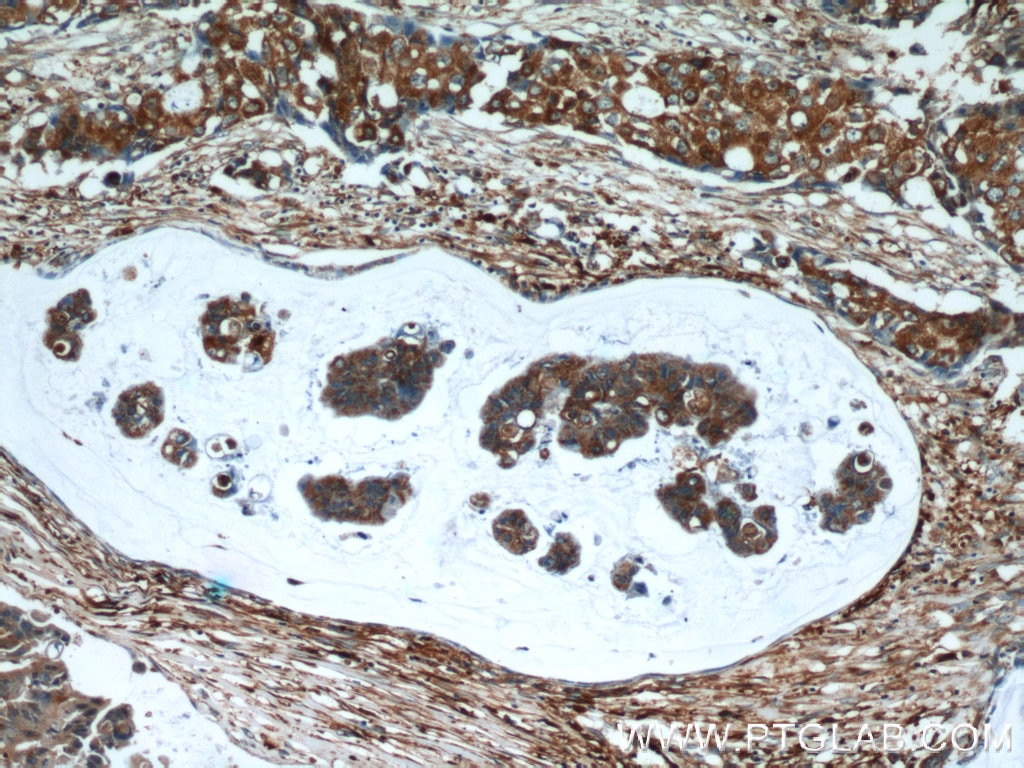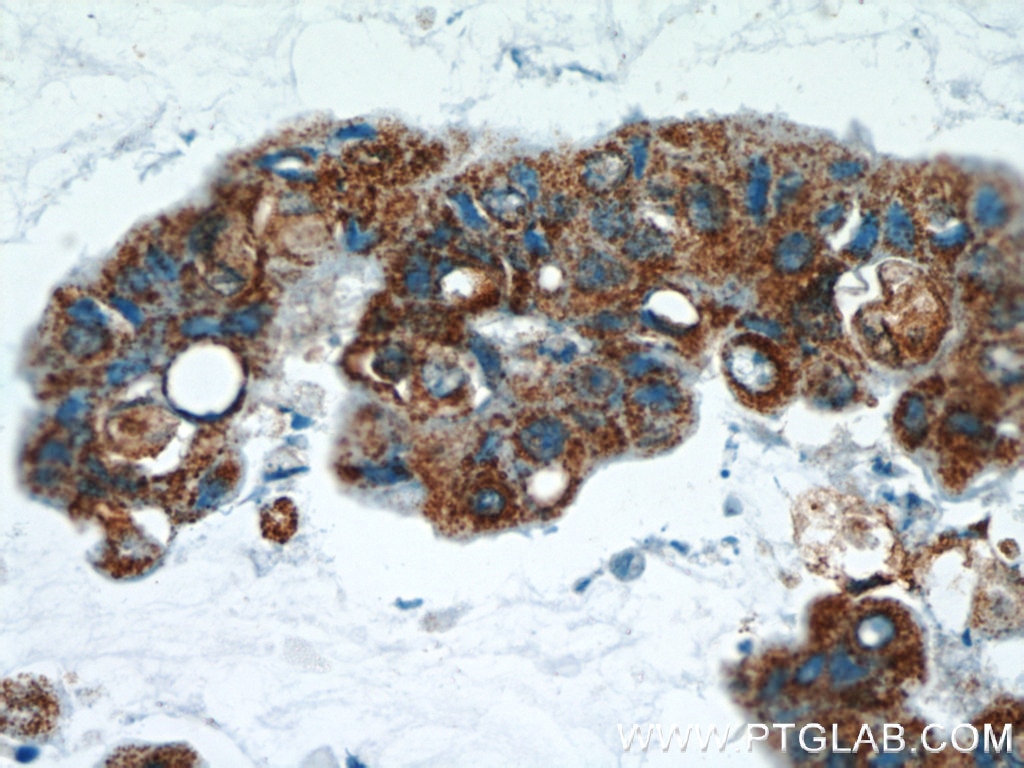Tested Applications
| Positive WB detected in | A549 cells, mouse liver tissue, Transfected HEK-293 cells, HepG2 cells, U-251 cells |
| Positive IP detected in | A549 cells |
| Positive IHC detected in | human lung cancer tissue, human breast cancer tissue, human kidney tissue Note: suggested antigen retrieval with TE buffer pH 9.0; (*) Alternatively, antigen retrieval may be performed with citrate buffer pH 6.0 |
Recommended dilution
| Application | Dilution |
|---|---|
| Western Blot (WB) | WB : 1:500-1:3000 |
| Immunoprecipitation (IP) | IP : 0.5-4.0 ug for 1.0-3.0 mg of total protein lysate |
| Immunohistochemistry (IHC) | IHC : 1:20-1:200 |
| It is recommended that this reagent should be titrated in each testing system to obtain optimal results. | |
| Sample-dependent, Check data in validation data gallery. | |
Published Applications
| KD/KO | See 6 publications below |
| WB | See 28 publications below |
| IHC | See 14 publications below |
| IF | See 2 publications below |
Product Information
14273-1-AP targets SRXN1 in WB, IHC, IF, IP, ELISA applications and shows reactivity with human, mouse samples.
| Tested Reactivity | human, mouse |
| Cited Reactivity | human, mouse, rat |
| Host / Isotype | Rabbit / IgG |
| Class | Polyclonal |
| Type | Antibody |
| Immunogen |
CatNo: Ag5613 Product name: Recombinant human SRX1 protein Source: e coli.-derived, PGEX-4T Tag: GST Domain: 1-137 aa of BC047707 Sequence: MGLRAGGTLGRAGAGRGAPEGPGPSGGAQGGSIHSGRIAAVHNVPLSVLIRPLPSVLDPAKVQSLVDTIREDPDSVPPIDVLWIKGAQGGDYFYSFGGCHRYAAYQQLQRETIPAKLVQSTLSDLRVYLGASTPDLQ Predict reactive species |
| Full Name | sulfiredoxin 1 homolog (S. cerevisiae) |
| Calculated Molecular Weight | 14 kDa |
| Observed Molecular Weight | 14 kDa |
| GenBank Accession Number | BC047707 |
| Gene Symbol | SRXN1 |
| Gene ID (NCBI) | 140809 |
| RRID | AB_2195030 |
| Conjugate | Unconjugated |
| Form | Liquid |
| Purification Method | Antigen affinity purification |
| UNIPROT ID | Q9BYN0 |
| Storage Buffer | PBS with 0.02% sodium azide and 50% glycerol, pH 7.3. |
| Storage Conditions | Store at -20°C. Stable for one year after shipment. Aliquoting is unnecessary for -20oC storage. 20ul sizes contain 0.1% BSA. |
Protocols
| Product Specific Protocols | |
|---|---|
| IHC protocol for SRXN1 antibody 14273-1-AP | Download protocol |
| IP protocol for SRXN1 antibody 14273-1-AP | Download protocol |
| WB protocol for SRXN1 antibody 14273-1-AP | Download protocol |
| Standard Protocols | |
|---|---|
| Click here to view our Standard Protocols |
Publications
| Species | Application | Title |
|---|---|---|
Nat Commun Loss of peroxiredoxin-2 exacerbates eccentric contraction-induced force loss in dystrophin-deficient muscle. | ||
Proc Natl Acad Sci U S A Sulfiredoxin-Peroxiredoxin IV axis promotes human lung cancer progression through modulation of specific phosphokinase signaling. | ||
Cancer Res Genetic polymorphisms and protein expression of NRF2 and Sulfiredoxin predict survival outcomes in breast cancer. | ||
Cancer Lett Nrf2-activated expression of sulfiredoxin contributes to urethane-induced lung tumorigenesis.
| ||
Carcinogenesis Tumor Promoter-induced Sulfiredoxin Is Required for Mouse Skin Tumorigenesis. |
Reviews
The reviews below have been submitted by verified Proteintech customers who received an incentive for providing their feedback.
FH Lucy (Verified Customer) (01-30-2026) | Worked well initially at a 1:1000 concentration, but struggled to replicate the western - there are potentially some issues with degrading over time. Non specific bands visible at 120 kDa.
|
FH Shinford (Verified Customer) (09-23-2023) | Detecting lower molecular weight molecules in gels is relatively difficult, we tried several antibodies from different companies and this worked well at a concentration of 1:500.
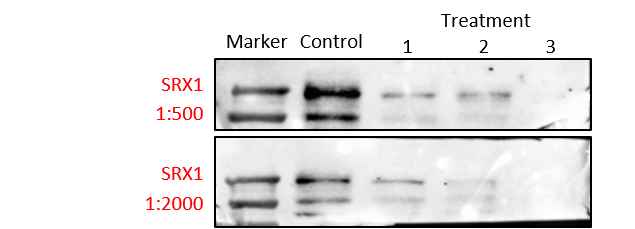 |
FH Christopher (Verified Customer) (12-03-2018) | Primary neurons were lysed in RIPA and 20ug samples (containing 1x Laemmli) were run on Bis-Tris gels in 1xMOPS buffer. This antibody recognised SRXN-1 in HEK293FT cells transfected with Human SRXN1 at 17kDa. In HEK cells, non specific bands were visible at around 28 and 35kDa as well.In primary neurons, the antibody recognised a band at roughly 15kDa however it binds non sepcifically to the Pageruler Prestained protein ladder which is an issue.
|

